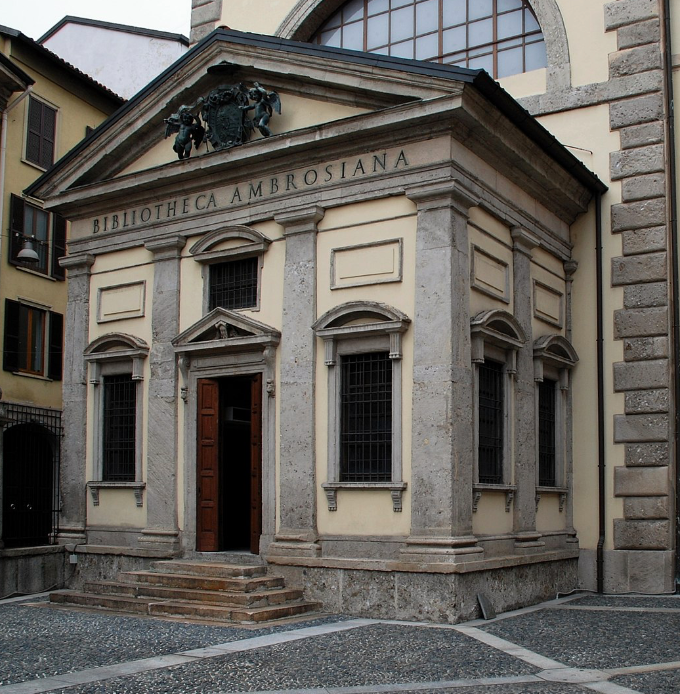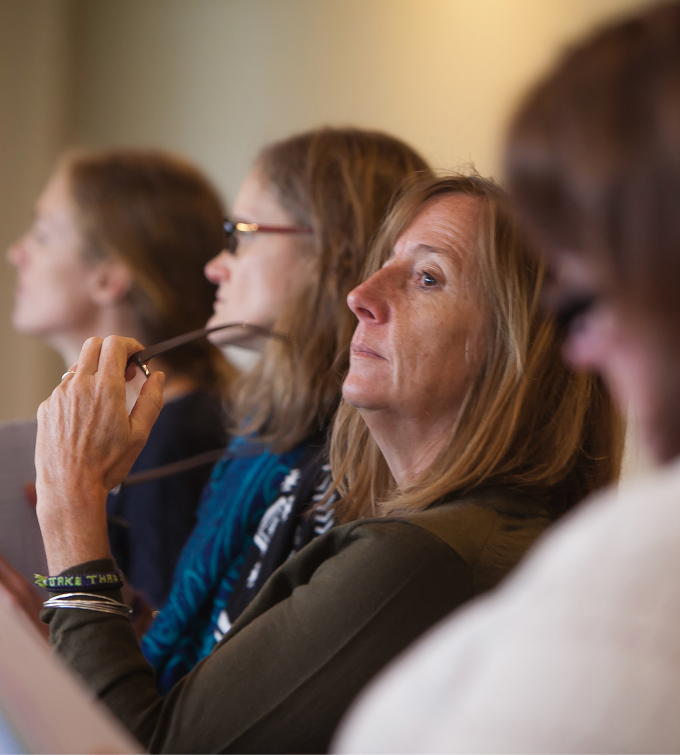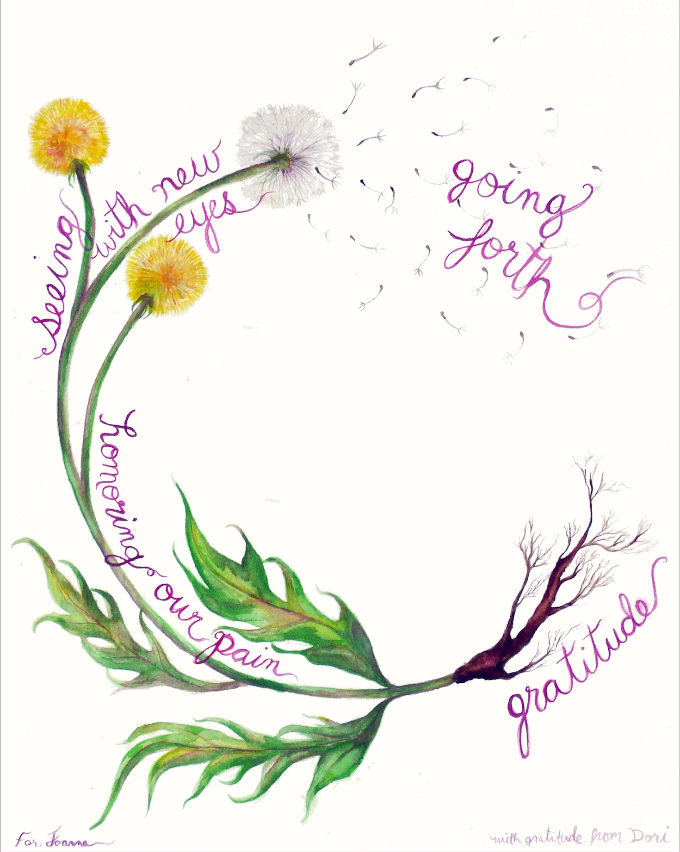August 1, 2025
Civics
The library’s enduring role in cultural and civic life

The Biblioteca Ambrosiana was founded by Cardinal Federico Borromeo in Milan and opened to the public in 1609. It is one of Europe’s earliest public libraries, deliberately created to democratize access to knowledge. Instead of confining books to exclusive scholarly elites, the library opened its doors to all who could read and write—a radical gesture for the period. Image by Elekhh via CC 3.0
Anthony Grafton is a historian and scholar of early modern Europe. A tireless advocate for the humanities, his research deepens our understanding of how learning, scholarship, and historical awareness have evolved in the West.
In this article, he traces the evolution of libraries from their classical and monastic roots through the innovations of Renaissance humanism. He connects this history to the role libraries play today, highlighting their adaptability, civic importance, and lasting value, even as their technologies and physical forms continue to change.
Regular readers know my strong opinion about libraries: I'm for them. Grafton reminds me why: they are enduring sources of connection, adventure, inspiration, and possibility.
"Where the bohemians find attractive quarters, the gentrifiers will follow. By the middle of the 15th century, the good and the great found their way to the study. Traders and bankers like Iris Origo’s merchant of Prato, Francesco Datini, had long kept their account books in private rooms. In the 15th century they gave up the old-fashioned houses in which their ancestors had lived and traded, with shops open to the street on their ground floors, and built closed palaces with splendid façades. The rulers of Italian cities, and the clerics, bankers and ambassadors who settled in capital cities, did the same."
"Many universities have now emptied their libraries, ‘off-siting’ the books and installing collaborative study spaces. Many scholars and writers prefer to read and write not in purpose-built spaces lined with groaning shelves and decorated with improving images, but in coffee shops. Of their own libraries, they could say, with the cheerful pedant Kulygin in Three Sisters, omnia mea mecum porto – their reading matter stored in tablets and Kindles, phones and laptops, and carried with them. Yet libraries still provide adventures, and of more kinds than ever."
ARTICLE: No Cheese Please




